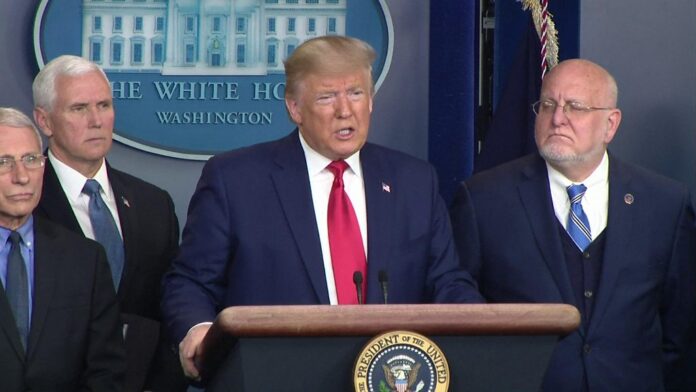Following Donald Trump’s recent comments on the Afghanistan withdrawal and his call for accountability among U.S. officials, the Taliban leadership has responded with cautious optimism, hoping for renewed engagement under his anticipated administration. Speaking at the National Guard Association conference in Detroit, Trump pledged to secure the resignation of officials involved in what he termed the “Afghanistan calamity.” His call for accountability resonated with his supporters and underscored his campaign’s focus on national security and governmental reform.
In Kabul, the Taliban’s Foreign Ministry issued a statement expressing hope that “following the announcement of the U.S. election results, the incoming U.S. administration will adopt a pragmatic approach to ensure tangible advancement in bilateral relations, allowing both nations to open a new chapter of relations grounded in mutual engagement.” The ministry further remarked that Trump’s role in the Doha Agreement, which led to the end of “America’s 20-year occupation,” could serve as a basis for future engagement. Taliban official Suhail Shaheen, head of the Islamic Emirate’s Political Office in Qatar, voiced confidence that “there is a possibility of improving relations between the U.S. and the Taliban,” adding that he expects “the Taliban government will be recognized during Trump’s presidency.” Shaheen emphasized the Taliban’s interest in “normal relations with America and other countries.”
Trump’s re-election could set the stage for significant changes in U.S.-Afghan relations. His return to office may provide an opening for the Taliban to achieve the international recognition they have sought since 2021, possibly on terms more favorable to them than under previous administrations. However, such a shift could face substantial challenges. Recognition of the Taliban government would likely provoke strong reactions from U.S. allies, many of whom remain concerned over the Taliban’s human rights record, particularly regarding the rights of women and minorities.
A Trump administration that engages more openly with the Taliban could represent a fundamental shift in U.S. foreign policy priorities, emphasizing pragmatic stability over interventionist principles. This approach aligns with Trump’s broader strategy of minimizing overseas commitments and refocusing on U.S. interests. Ultimately, Trump’s anticipated policy may reshape America’s involvement in Afghanistan and redefine its role in global diplomacy. This approach, favoring disengagement from protracted conflicts, may appeal to Americans fatigued by years of international entanglements, yet it poses critical questions about the future of peace and stability and human rights in Afghanistan, and U.S. relations with allies wary of the Taliban’s rule.




